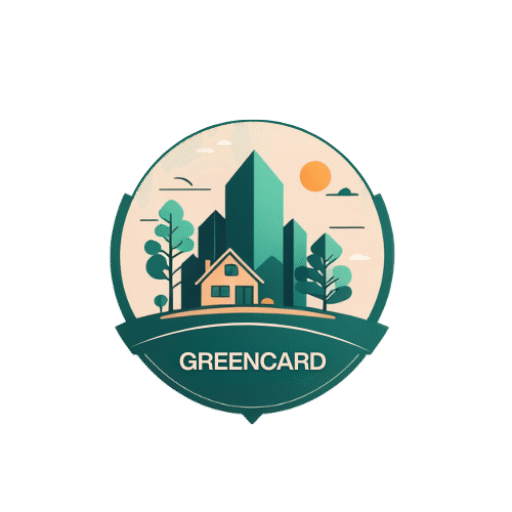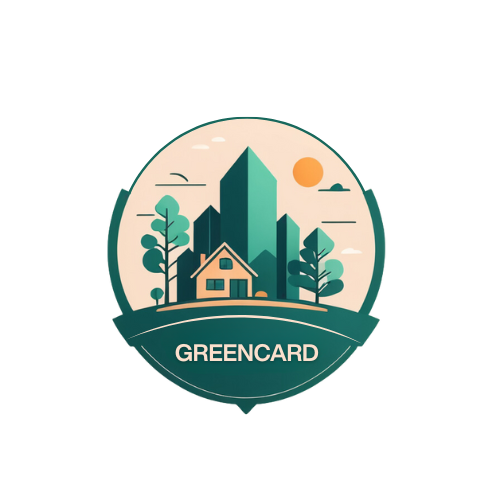In a swiftly changing world influenced by climate change, technological upheaval, and dynamic economic goals, sustainable innovation has become an imperative rather than a luxury. But for such innovation to take root and flourish, it must be nurtured within a robust ecosystem of knowledge sharing, collaboration, and continuous learning.
That’s where a Knowledge Hub for Sustainable Innovations comes in.
A knowledge hub is more than a digital library or a conference room – it’s a living, dynamic platform that gathers people, data, tools, case studies, and best practices to accelerate progress. It becomes the bridge between research and action, between vision and impact.
“Sustainability is no longer about doing less harm. It’s about doing more good.”
– Jochen Zeitz, CEO of Harley-Davidson and co-founder of The B Team
Why a Knowledge Hub Matters
Around the world, thousands of groundbreaking green ideas die quietly because they never reach the right audience, never get tested at scale, or never evolve beyond the prototype phase. A well-structured knowledge hub helps to solve these problems by:
- Centralizing information across disciplines, industries, and regions.
- Encouraging collaboration among academia, startups, government, NGOs, and businesses.
- Reducing duplication of effort by allowing innovators to build on existing work.
- Speeding up adoption of successful ideas and technologies.
Imagine a space where a climate-smart agriculture startup in Nigeria can learn from a water-saving irrigation system piloted in India, or where architects in Nairobi can access case studies on net-zero buildings in Sweden. That’s the power of a global knowledge hub.
“The greatest threat to our planet is the belief that someone else will save it.”
– Robert Swan, Polar Explorer and Environmentalist
Core Features of a Sustainable Innovation Hub
A truly impactful knowledge hub is built with purpose and inclusivity at its core. It should have:
- Open Access Digital Library
Case studies, white papers, policy briefs, research findings, and toolkits available to all – especially small enterprises and community innovators who often lack access to paid journals or formal R&D channels. - Interactive Learning Modules
E-learning courses, webinars, and certification programs on sustainable design, climate resilience, renewable energy, ESG compliance, and more. - Collaboration Spaces
Online forums, virtual whiteboards, and idea incubators that allow multidisciplinary teams to co-create, troubleshoot, and scale innovations. - Funding & Support Listings
Regular updates on grants, accelerators, investment funds, and competitions that promote green entrepreneurship and applied research. - Showcase Gallery
A spotlight for successful sustainable solutions – whether it’s a solar-powered cold chain, a zero-waste fashion initiative, or a bio-based construction material.
Global Lessons, Local Action
It’s not enough to collect information; the real goal is transformative action. That means localizing global knowledge to fit specific cultural, economic, and environmental contexts.
For example, lessons from sustainable housing in Scandinavia must be adapted to suit the tropical climate, informal economies, and energy realities of West Africa. A knowledge hub ensures that innovation isn’t just exported—it’s translated, contextualized, and co-created.
“Innovation is seeing what everybody has seen and thinking what nobody has thought.”
– Dr. Albert Szent-Györgyi, Nobel Laureate
Driving Equity Through Access
Equity must be central to any sustainability conversation. A knowledge hub must consciously include marginalized voices, support women-led enterprises, and create spaces for Indigenous knowledge systems.
Sustainable innovation isn’t just about new tech—it’s also about reviving ancient wisdom, building community capacity, and ensuring that no one is left behind in the green transition.
The Way Forward
To build and sustain such a hub requires:
- Cross-sector partnerships between universities, businesses, governments, and civil society.
- Robust digital infrastructure to enable seamless access, especially in underserved regions.
- Ongoing funding and governance to maintain quality, neutrality, and relevance.
- Community engagement to ensure that it serves real-world needs.
As we look toward a greener, fairer future, knowledge is our most powerful tool. By building hubs that harness and share that knowledge, we don’t just solve problems—we unlock human potential.
“Knowledge is power. Sustainability is purpose. Together, they are unstoppable.”
— Anonymous

